Obtaining a personal loan can be a useful financial tool to meet various needs, whether it’s consolidating debt, funding an education, or handling unexpected expenses. However, before you commit to a personal loan, it’s crucial to understand the various charges and fees associated with it. Having a clear understanding of these charges will help you make informed borrowing decisions and manage your loan effectively. In this guide, we will break down the common charges involved in taking a personal loan.
1. Interest Rate
The interest rate is one of the most significant charges associated with personal loans. It’s the cost you pay for borrowing the money and is typically expressed as an annual percentage rate (APR). The interest rate can be fixed or variable, and it plays a crucial role in determining the total cost of your loan.
• Fixed Interest Rate: With a fixed rate, your interest rate remains constant throughout the loan term, making it easier to budget for monthly payments.
• Variable Interest Rate: A variable rate can change over time based on market conditions. While it may start lower, it can increase, potentially leading to higher monthly payments.
2. Origination Fees
Origination fees, also known as processing fees, are charged by the lender for processing your loan application. These fees are typically a percentage of the total loan amount and may be deducted from the loan disbursement. It’s essential to factor in origination fees when calculating the overall cost of your loan.
3. Late Payment Fees
Late payment fees are charged when you fail to make your loan payments on time. Lenders specify the penalty for late payments in your loan agreement, so it’s vital to understand these terms. To avoid late fees, set up reminders and ensure timely payments.
4. Prepayment Penalties
Some loans come with prepayment penalties, which are fees charged if you pay off your loan before the agreed-upon term. If you plan to repay your loan early, check for prepayment penalties in your loan agreement. Loans without prepayment penalties offer more flexibility.
5. Check Processing Fees
If you choose to make loan payments by paper check, some lenders may charge check processing fees. To avoid these charges, consider setting up automatic electronic payments.

6. Insurance Premiums
Lenders may offer optional insurance products, such as credit life insurance or payment protection insurance, to cover your loan payments in case of unexpected events like illness, disability, or death. These insurance premiums add to the overall cost of the loan, so carefully assess whether you need them.
7. Late Payment Interest
In addition to late payment fees, lenders may charge late payment interest if your payment is significantly overdue. This is typically a percentage of the unpaid installment amount and can accrue daily until the overdue payment is made.
8. Returned Payment Fees
If a payment is returned due to insufficient funds in your bank account, you may incur returned payment fees. Ensure that you have sufficient funds in your account to cover loan payments.
9. Document Processing Charges
Some lenders may charge document processing fees for preparing and providing loan-related documents. Review your loan agreement to understand if these fees apply.
10. Rate Discounts or Benefits
On the positive side, some lenders offer rate discounts or benefits for certain borrowers. For example, you may qualify for a lower interest rate if you have a high credit score or if you set up automatic payments from your bank account. These discounts can help reduce the overall cost of your loan.
Being a Smart Borrower
To be a smart borrower, it’s essential to read and understand the terms and conditions of your personal loan thoroughly. Compare offers from different lenders, including their interest rates, fees, and repayment terms. By doing your due diligence and knowing the charges involved, you can make informed borrowing decisions that align with your financial goals and budget.


